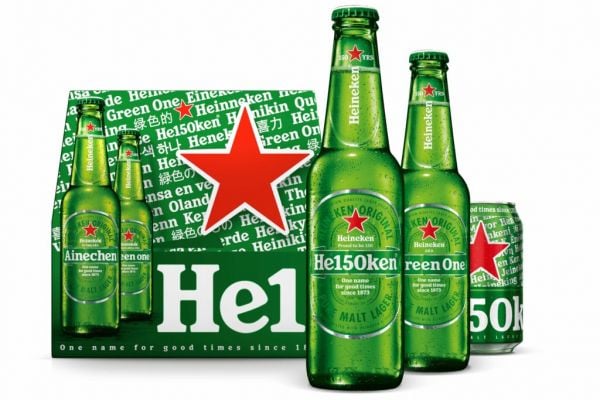The current economic situation in the PIGS countries (Portugal, Ireland, Greece and Spain) has had a lasting affect on many areas of food and drink production, not least the Spanish wine trade. Now, it appears that Spanish winemakers are having to focus more and more on exporting their products, largely thanks to high unemployment and poor economic conditions. As their disposable income gets squeezed, Spanish consumers are being forced to either look towards cheaper wine alternatives, or go without. This is having an affect at all levels of wine sales, but primarily at the top.
“Wine consumption in Spain is very weak,” said Luis Zapatero, chairman of Bodegas Riojanas SA, a La Rioja, the Spain-based winemaker founded over one hundred years ago. The company’s shares have dropped 26 per cent this year, compared to a more modest 3.5 per cent decline at rival Rioja maker Baron de Ley SA. “People don’t drink expensive vintages anymore,” Reidara, 64, said. “Consumption of wine has declined significantly and people now drink more beer.”
Lauren Torres, a New York-based global beverage analyst at HSBC Securities Inc, added: “People who used to spend $50 a bottle are now looking to spend less. They are more willing to pay closer to $10 a bottle, so premium, higher-priced brands are struggling.”
Malena Fabregat, a wine journalist who runs the blog Observatorio del Vino, Walking on the Wine Side, said: “Spain is losing wine as a national culture.” While that may sound like a stretch, the figures speak for themselves. Spain’s wine consumption has actually been dwindling for decades and is now about 20 litres per person per year, down from 70 litres in the 1970s, according to Observatorio Espanol del Mercado del Vino (OEMV), a private foundation that compiles wine statistics from the Agriculture Ministry.
The depressed domestic market is prompting Spain’s 375,000 grape growers and 4,200 winemakers to look abroad. Spanish wine exports through August climbed 31 per cent in volume, to 1.43 billion litres and gained 21 per cent in value from a year earlier.
For example, Bodegas Riojanas has opened offices in the UK, Mexico and the US as it aims to double exports to 30 per cent of total sales in two years, while Baron de Ley wants to boost export sales to 50 per cent by 2012, up from about 46 per cent. The company wants to expand in the US, China, India, Brazil and Mexico, declared chairman Eduardo Santos-Ruiz Diaz.
Spain might bulk up its exports, but selling huge amounts of cheap wine will not solve winemakers’ problems, and it could even damage Spain’s reputation. Rafael del Rey, general director of OEMV, said: “Spain not only needs to sell more abroad, but also more premium brands. Discounters such as Aldi, Tesco or Wal-Mart offer good wines at cheap prices and it's difficult to counter that.”
Producing a higher-quality product, however, demands investment and, given the current Eurozone malaise, that investment will be very risky indeed for the foreseeable future. It will be interesting to follow the strategy of Spain’s thousands of winemakers. Will they embrace the move towards export and, if so, what affect will that have on the domestic market of this wine loving country?
© 2012 ESM: European Supermarket Magazine














